- This event has passed.
Unveiling HIV: Challenging Assumptions on Molecular Surveillance and Criminalization
May 29, 2024 @ 2:00 pm–6:00 pm EDT

Thirty states in the U.S. criminalize people living with HIV (PLHIV), targeting them through specific laws or enhanced penalties on the basis of their health status.
Research shows that these laws are disproportionately used to prosecute Black people, who are already disproportionately targeted by other forms of criminalization and surveillance. There exists a long history of the criminalization of LGBTQ and Non-Binary folks on the basis of their sexualities and gender identities as well. The techniques used to identify and target people for surveillance and criminalization have advanced at the speed of technological progress, hurried along through the proliferation of databases (public and private), social media, and algorithms. We are constantly reminded that our personal data is not safe.
It is against this backdrop that the CDC promotes Molecular HIV Surveillance (MHS), a program through which a national database of personal health data is collected without PLHIV’s knowledge or consent. PLHIV and advocates have challenged MHS both as a violation of their rights to control the use of their medical information as well as a program that puts their data (and freedom) at risk. Many states have limited protections for data collected as a part of public health surveillance, and in fact some states encourage health departments to cooperate with law enforcement. This cooperation between local health departments and law enforcement erodes the relationships between medical providers and patients and reinforces the long-standing medical mistrust from marginalized communities.
These are the complex and interrelated issues that the attendees of this institute will have the opportunity to learn about and unpack. Experts will ground attendees in an understanding of HIV criminalization as well as the efforts that attendees can join for modernizing HIV criminalization laws and eradicating HIV related stigma. Attendees will also have the opportunity to learn more about MHS and why PLHIV and advocates are so concerned with a program whose ostensible purpose is the promotion of public health. Finally, panelists will educate attendees on the interrelationship between different forms of surveillance, focusing on different ways in which reproductive autonomy is targeted as a case study. Through facilitated panel discussions and other activities attendees will have the opportunity to learn from PLHIV and advocates about these important issues and challenge their assumptions and re-evaluate who is the “public” when we discuss public health.



